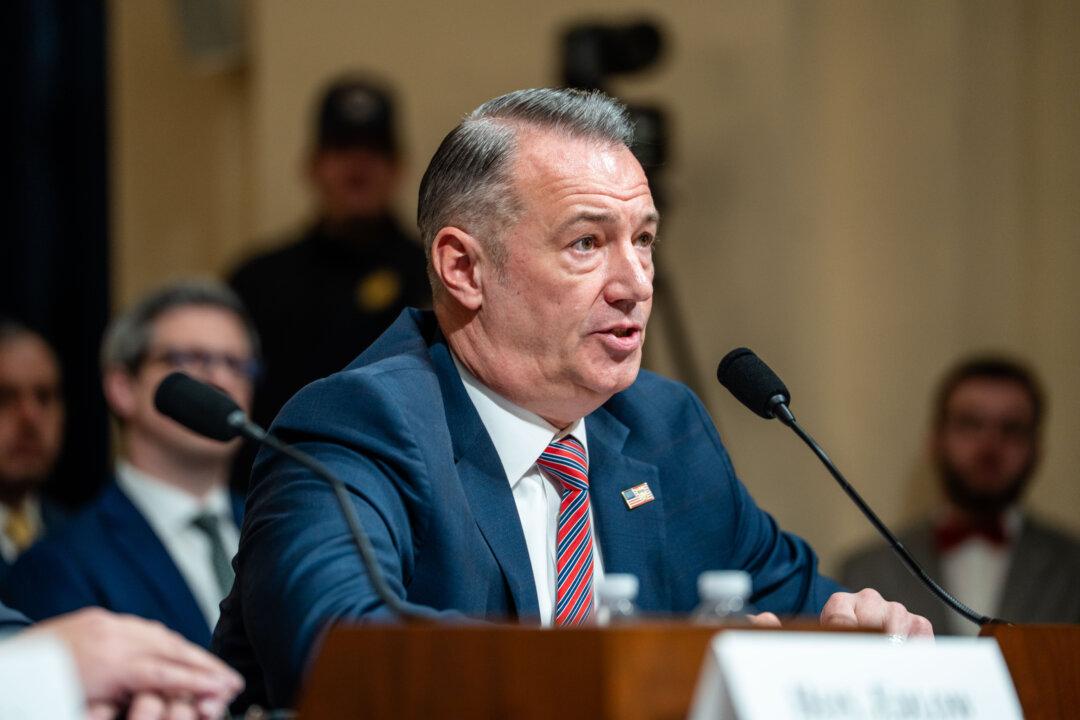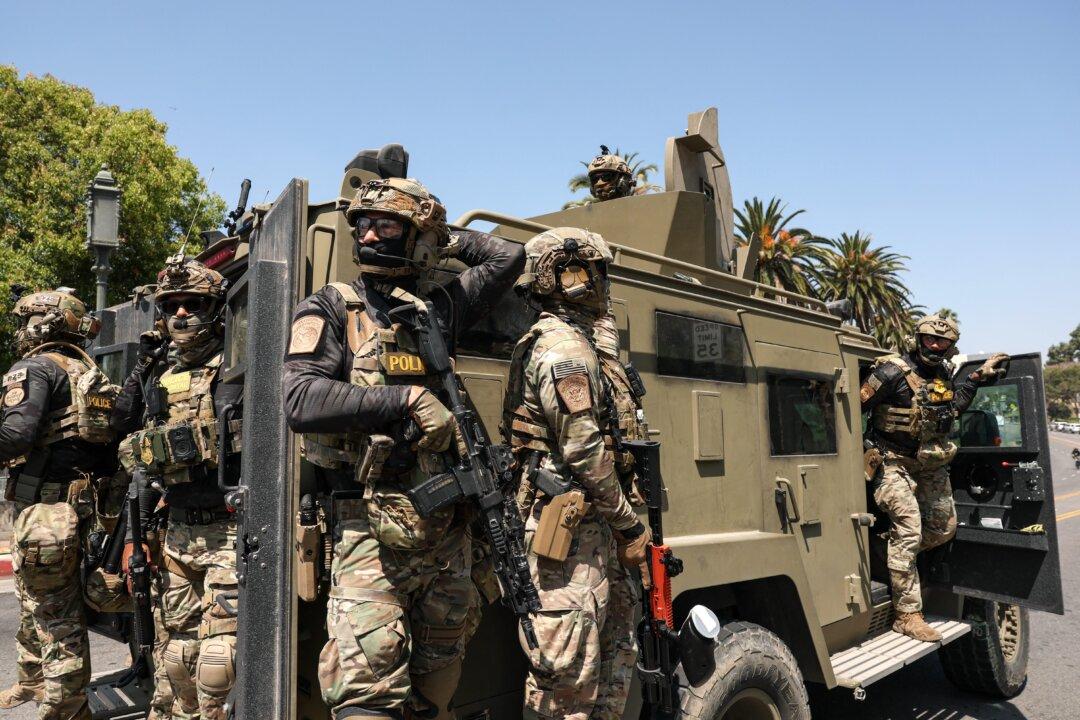The controversy over leaked tapes and racially disparaging remarks from city councilors that fueled outrage in Los Angeles last year has spurred a group of the city’s top academic scholars and researchers to reimagine their local government.
Eight months later, the Los Angeles Governance Reform Project, a group of university scholars, researchers, and leaders, is asking residents to consider three recommendations on how to reform the city’s governing structure.





